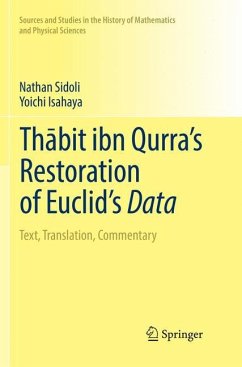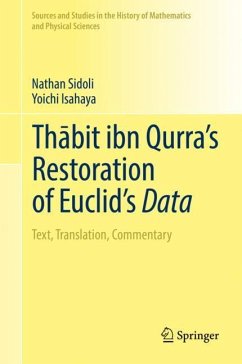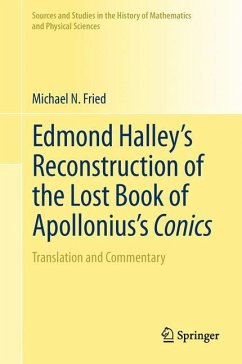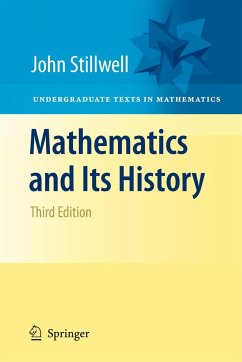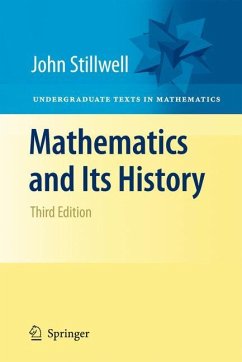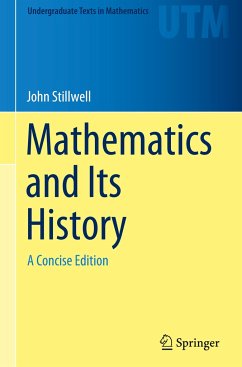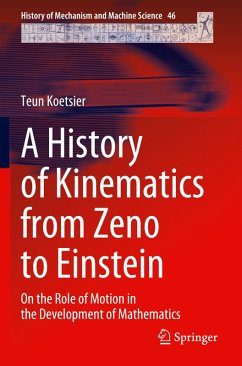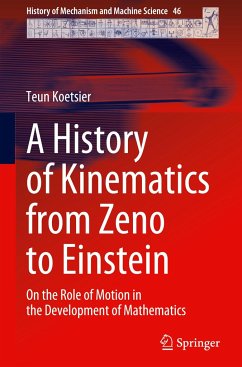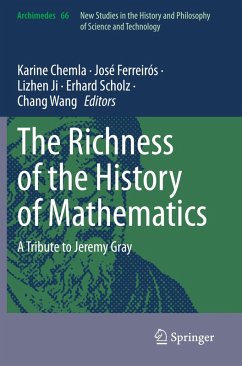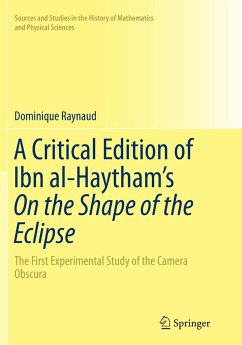
The Logical Syntax of Greek Mathematics

PAYBACK Punkte
48 °P sammeln!
The aim of this monograph is to describe Greek mathematics as a literary product, studying its style from a logico-syntactic point of view and setting parallels with logical and grammatical doctrines developed in antiquity. In this way, major philosophical themes such as the expression of mathematical generality and the selection of criteria of validity for arguments can be treated without anachronism. Thus, the book is of interest for both historians of ancient philosophy and specialists in Ancient Greek, in addition to historians of mathematics.This volume is divided into five parts, ordered...
The aim of this monograph is to describe Greek mathematics as a literary product, studying its style from a logico-syntactic point of view and setting parallels with logical and grammatical doctrines developed in antiquity. In this way, major philosophical themes such as the expression of mathematical generality and the selection of criteria of validity for arguments can be treated without anachronism. Thus, the book is of interest for both historians of ancient philosophy and specialists in Ancient Greek, in addition to historians of mathematics.
This volume is divided into five parts, ordered in decreasing size of the linguistic units involved. The first part describes the three stylistic codes of Greek mathematics; the second expounds in detail the mechanism of "validation"; the third deals with the status of mathematical objects and the problem of mathematical generality; the fourth analyzes the main features of the "deductive machine," i.e. the suprasentential logical system dictated by the traditional division of a mathematical proposition into enunciation, setting-out, construction, and proof; and the fifth deals with the sentential logical system of a mathematical proposition, with special emphasis on quantification, modalities, and connectors. A number of complementary appendices are included as well.
This volume is divided into five parts, ordered in decreasing size of the linguistic units involved. The first part describes the three stylistic codes of Greek mathematics; the second expounds in detail the mechanism of "validation"; the third deals with the status of mathematical objects and the problem of mathematical generality; the fourth analyzes the main features of the "deductive machine," i.e. the suprasentential logical system dictated by the traditional division of a mathematical proposition into enunciation, setting-out, construction, and proof; and the fifth deals with the sentential logical system of a mathematical proposition, with special emphasis on quantification, modalities, and connectors. A number of complementary appendices are included as well.



